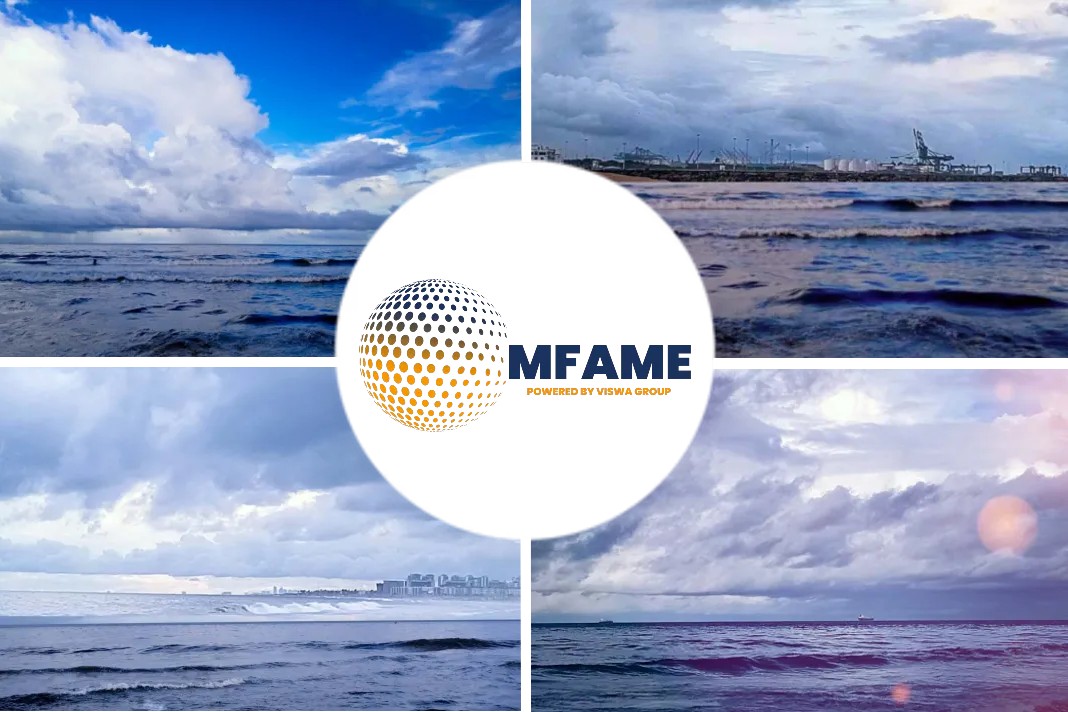- The Cool Pool launched in September 2015 with 14 tri-fuel diesel engine (TFDE) LNG carriers.
- Cool Pool improves the utilization of the participating vessels and to allow for the use of Contracts of Affreightment.
- Cool Pool fleet accounted for more than a third of all spot LNG vessels on the water.
- Dynagas secured long-term employment and pulled out of the Cool Pool in mid 2018.
- Golar spun off into a separate ‘pure play’ listed entity.
- The GasLog companies called it quits citing Golar LNG’s move to spin off its shipping business.
- Transfer of the Cool Pool to the new shipping entity makes room for more TFDE LNG carriers.
- Separately listed LNG shipping companies are expected to continue to trade within the Cool Pool spin-off.
A news article published by Freight waves describes how the rise or fall of the Cool Pool has a direct impact on LNG shipping.
Disbanding of LNG Shipping
Liquefied natural gas (LNG) shipping’s first and only cooperative spot pool is dispersing, which brings increased competition to the marketplace.
The Cool Pool
The Cool Pool was launched in September 2015 with 14 tri-fuel diesel engine (TFDE) LNG carriers –
- Three ships from Dynagas Ltd,
- Three from GasLog Ltd (NYSE: GLOG) and
- Eight from Golar LNG Ltd (NASDAQ: GLNG).
Technical management was done by the respective owner, but the Cool Pool manager coordinated all employment of one year or less in duration; if an owner secured longer-term employment for one of its participating vessels, it would be removed from the pool.
Contracts of Affreightment
Cool Pool aimed to improve the utilization of the participating vessels (the time spent laden versus in ballast) and to allow for the use of Contracts of Affreightment (COAs).
In a COA, a cargo shipper does not employ a specific vessel and it contracts for the carriage of a certain volume over a specified time period. Servicing a COA requires having enough ships and enough flexibility – which can be seen only in a co-operative pool.
Business with wider array of clients
The pool also allowed Dynagas, GasLog and Golar to do business with a much wider array of clients, allowing those clients to become familiar with the owners and potentially do future business with them on a long-term basis.
There was also a potential pricing advantage. Even though the number of ships in the global LNG spot market fluctuated, the Cool Pool fleet accounted for more than a third of all spot LNG vessels on the water.
LNG freight rates drive up
This made some financial analysts to speculate that the Cool Pool had at least some ability to drive up LNG freight rates.
Dynagas pulled out of Cool Pool
The ship owners found this move successful. However, the diversification of the business strategies of the founding members, sank the Cool Pool. In mid-2018, Dynagas secured long-term employment for all three of its participating ships and pulled out of the Cool Pool.
‘Pure play’ listed entity by Golar
The next development came on May 21, when Golar LNG Ltd reported its quarterly earnings. The company currently has three business focuses: floating liquefaction, the power sector, and LNG shipping.
Golar confirmed in its quarterly release that its LNG shipping business would be spun off into a separate ‘pure play’ listed entity.
Improving fundamentals of GasLog Ltd
GasLog Ltd and GasLog Partners (NYSE: GLOP) announced that they would remove all ships from the Cool Pool and retake commercial control on June 6 (GasLog Ltd has six ships in the Cool Pool; GasLog Partners has one).
The GasLog companies said that their decision was based on Golar LNG’s move to spin off its shipping business, as well as their belief in improving fundamentals.
Vessels on longer charters to optimize the earnings
Paul Wogan, chief executive officer of GasLog Ltd, said that Golar’s declared intention to spin off its LNG vessels and a tightening of the LNG carrier market will place more vessels on long-term charters to optimize the earnings.
However this move is underpinned by increasing levels of customer enquiry in multi-month and multi-year charters.
Ramp down period
Within hours of GasLog’s statement, Golar LNG Ltd responded saying they will assume ownership of the Cool Pool following GasLog’s departure.
Golar said that there will be a ramp-down period to allow for the conclusion of existing GasLog vessel charter contracts.
Path forward for revival with new members
A cooperative arrangement between more than one ship owner is defined a pool. When GasLog leaves, the Cool Pool will technically not function as a cooperative entity. Yet Golar’s statement refers to “changes” for the pool, not its demise, and it suggests a path forward for its revival with new members.
It stated that the ships in its separately listed LNG shipping company are expected to continue to trade within the Cool Pool after a formal launch of the spin-off.
Independent provider of TFDE LNG carriers
Transfer of the Cool Pool to this new shipping entity is expected to create the leading independent provider of available on-the-water TFDE LNG carriers.
Talks with other owners of similar tonnage are also underway to join a reborn Cool Pool.
Long-term charter market
The Cool Pool’s return is less likely to happen and no there’s no clue as to if the GasLog vessels will shift into the long-term charter market.
Consequently, the latest developments could effectively create more competitors bidding for spot LNG cargoes, which would influence the rates.
Did you subscribe to our daily newsletter?
It’s Free! Click here to Subscribe!
Source: Freight Waves

















